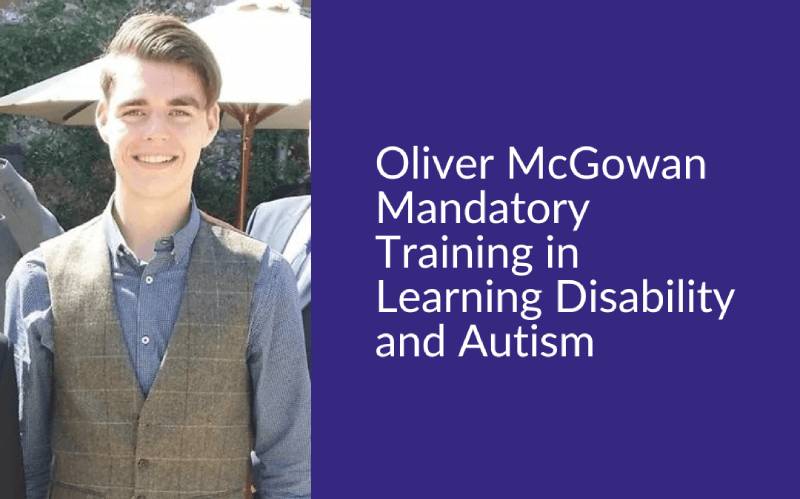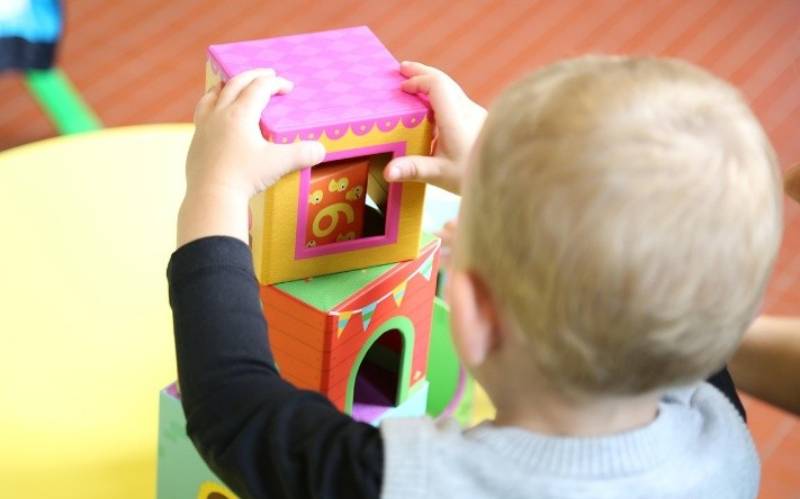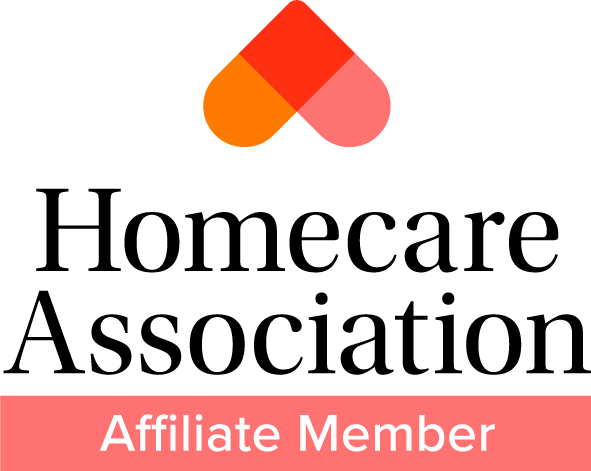In part one we looked at:
- What happens if you fail to engage with revalidation requirements?
- Supporting information required
- Continuing Professional Development required
- Quality Improvement Activity recording
In part two we look at Significant Events, Feedback and Compliments & Complaints.
Significant Events:
The GMC state: “A significant event is any unintended or unexpected event, which could or did lead to harm of one or more patients. This includes incidents which did not cause harm but could have done, or where the event should have been prevented.”
It is a requirement of the revalidation process that you declare any significant event you have been involved with since your last appraisal, and, that you reflect upon it. It is probable that an involvement in a significant event and critical reflection upon that, will lead to a change in your work behaviour and practice and demonstrate your learning from such an event. You should be able to explain to your appraiser the reasons why you have chosen these events and you should focus on the insight and learning from the event, rather than discussing the facts of the events or the number of events you have recorded.
The organisation that you work for may use different terminology and use terms such as serious untoward incident (SUI), or serious incident requiring investigation. Many organisations will have a process to formally record significant events and a policy and procedure for responding to them. If you are working as a locum, you should find out what the local protocol is. In most circumstances, if you are a locum involved in a significant event, the organisation will report to your designated body and responsible officer any details for investigation. If you are self-employed, you should record any significant events or incidents and review them.
At appraisal you should be able to demonstrate that you are aware of any correlation in the types of incidents that you have recorded about your practice and discuss any actions you have taken to prevent such events or incidents reoccurring. You should reflect upon any areas that you have identified for further learning within your CPD and personal development plan (PDP).
We often get calls from doctors regarding what to include in this section on their appraisal form. The simple answer is any complaint, concern or compliment that you have been named in over the last 12 months. To disclose that you have been the subject to a complaint, no matter how serious, shows your honesty and integrity. We are all human and mistakes are made. It is better to face things, review the occurrence and reflect upon how we could have done things differently so that we do not make the same mistakes again. Try to look at things positively and move forwards. If you were to not declare an event or incident and your appraiser or responsible officer were to become aware of it, that would not look favourably for you. Honesty is by far the best policy!
Duty of Candour
All healthcare professionals have a responsibility to be honest, open and transparent with patients, colleagues and employers if things go wrong. Healthcare professionals are also required to take part in reviews and investigations when requested to do so and, to support and encourage colleagues to be honest and not stop someone from raising a concern.
The GMC and NMC have produced joint guidance on this subject. It is called: “Openness and honesty when things go wrong: the professional duty of candour.” This guidance can be found here:
Within this article there are many more reading references which could be useful to read, reflect upon and use as part of your CPD?
Feedback
All licenced doctors are expected to collect both colleague and patient feedback at least once within your revalidation cycle (5 years). Both negative and positive feedback are a valuable tool for you to reflect upon your practice. Negative feedback should be a building block to aspire to learn or change your practice accordingly. Judgements should not be made on any negative feedback in isolation from the entire process.
You will need to review the feedback and compare the feedback from patients and colleagues against your own self-assessment scores. This should be discussed at appraisal.
It is easiest to use questionnaires to gather feedback from colleagues and patients. You can use an independent company to organise this for you or use the GMC questionnaires that they have available on their website as well as their self-assessment questionnaire. The GMC expect that any questionnaire will be administered independently of the doctor and the appraiser. Please note that for patient feedback questionnaires they need to be collected independently back from the patient either by being handed back to a receptionist to post back to the administrator of your feedback, or, by provision of a stamped addressed envelope for the patient to take the questionnaire home, complete it and post back to the administrator.
It may be that the organisation where you are working will have their own system and process for gathering patient and colleague feedback and you are responsible for engaging with them. If you practice in a setting that does not have such a system in place you will need to contact an independent provider to assist you.
If you do not directly treat patients, then you would need to think in broader terms of who could give you feedback on your work as a doctor e.g. customers, medical students, people who receive reports from you, appraisees etc. In all circumstances you would need to discuss this with your appraiser or responsible officer to see what is an acceptable alternative dependent upon your scope of work.
For colleague feedback you will need to supply your survey company with a list of people who they can contact to complete the feedback questionnaire. Ideally you should give 10 medical and 10 non- medical colleagues who are able to give feedback on your professional performance. Each colleague will be contacted by the survey company and invited to complete the feedback questionnaire and return it to the company directly. The company should monitor returns from your colleagues and send reminders when necessary. It may be that insufficient questionnaires are returned, and you will need to supply further details of other colleagues.
As previously stated, you need to complete a self-assessment questionnaire which reflects on the results of the feedback which includes:
- What the optimal results were of the feedback and how you intend to maintain this level of performance; and
- What were the suboptimal results of the feedback and how do you intend to improve on these areas of your practice?
The GMC recommends that when using their questionnaires, a minimum of 15 colleagues and 34 patient questionnaires are to be collected. Once these questionnaires are received by the organisation completing the survey, they will be analysed, and you should receive a personalised report which summarises the results and compares these against the GMC benchmark tool.
We always advise our doctors who use our revalidation and appraisal services not to leave feedback until the 5th year of the revalidation cycle. It is far better to collect feedback along the way so that you do not struggle with it at the end. It makes life so much easier.
Complaints
At your appraisal you must declare and reflect upon all formal complaints about you. You should select those complaints where upon reflection you have changed your practice. You do not have to discuss every complaint, focus on those that you have learned from the most. You should explain to your appraiser why you have chosen to discuss these over others as part of your appraisal discussion and explain what you have learned from these complaints and how they reflected upon the changes you have made in your practice or that you intend to make.
The purpose of recording complaints and compliments and reflecting upon them is key to improving the way you practice. It will help identify the things that you do well and your strengths and conversely, those areas that you need to improve upon. Reviewing complaints and compliments information will indicate any changes that you need to make. It shows self-awareness and that you are willing to act upon any concerns or comments about your work and make changes in response to the feedback that you have received.
Compliments are important pieces of evidence to help you to reflect upon your practice. Collecting such evidence from colleagues and patients (letters, cards, emails), and discussing these with your appraiser gives you the opportunity to confirm areas where you have a positive influence on patient care. Reflection upon the compliments should be discussed at your appraisal. However, please ensure that you remove any personal identifiable information from any correspondence used for data protection purposes.
If you do not have any complaints or compliments within which you are not named personally, then you should consider researching any complaints and compliments locally where you are working that may have resulted in a change of protocol or policy which has influenced your practice. This can be discussed at appraisal.
Written by Kate Lewis & Darren Wiggins of ACI Training & Consultancy Ltd., specialists in revalidation and appraisal services. Also, providers of independent multi-source feedback reporting for doctors. Please call for any assistance with revalidation and appraisal on 01291 570970.














